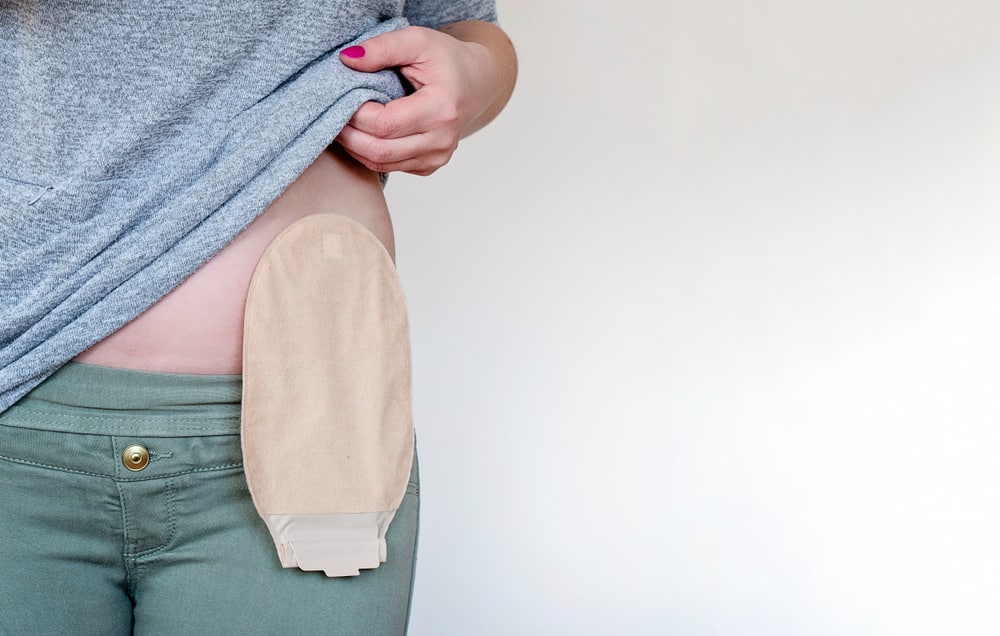Newsletter Signup - Under Article / In Page
"*" indicates required fields
MRM Health, a Belgian clinical-stage biopharmaceutical company, has received regulatory approval from the Federal Agency for Medicines and Health Products (FAMHP) in Belgium to start a phase 2 trial with the novel next-generation optimized consortium therapy, MH002, in patients with pouchitis.
MH002 is the first consortium therapy in which key disease-driving mechanisms guide therapeutic microbial strain selection, to enter clinical development in pouchitis.
Pouchitis, or inflammation of the surgically constructed pouch after colectomy, is the most prominent complication after surgical removal of the large bowel (colectomy) that is performed as a last resort treatment in ulcerative colitis (UC).
Pouchitis occurs in up to 50% of these patients within one to two years after surgery. Disease mechanisms include impaired gut wall barrier function linked to gut microbiome dysbiosis, translocation of microbial products and resulting immune cell activation, leading to chronic inflammation in the gut wall.
To date, no registered oral therapeutics are available for pouchitis, resulting in an unmet need for patients suffering from this highly debilitating, yet understudied rare disease indication.
CORAL technology
Developed through MRM Health’s CORAL technology, MH002 consists of six well-characterized commensal strains, which the company said are optimized “to form a synergistic microecosystem driving differentiated potency, resiliency, and engraftment.”
MRM Health said this will result in greater efficacy than conventional microbiome therapeutics. MH002 is produced using MRM Health’s scalable cGMP manufacturing platform, overcoming past microbiome challenges in manufacturing multi-strain consortia of uniform composition.
The standardized CORAL platform allows the manufacturing of complete consortia as a single drug substance, which MRM Health said is expected to provide both regulatory and patient compliance advantages.
Phase 2 study
The company said preclinical studies in inflammatory bowel disease (IBD) models showed MH002 has an excellent safety profile, repairs gut microbiome dysbiosis, heals the dysfunctional intestinal barrier, and restores immune homeostasis with its differentiated mechanism targeting multiple key disease pathways.
MH002 is currently in a phase 1b/2a study in patients with mild-to-moderate UC. The product’s disease-modifying mechanism is anticipated to induce remission in IBD via immunomodulation, rather than immunosuppression, resulting in better safety with no elevated risks associated with reduced immune system functioning.
“With no registered oral treatment available for pouchitis, a strong medical need exists for an effective and safe new medicinal product for the treatment of this serious disease. With its differentiating mode-of-action, MH002 has a high potential to fill that need and may become a novel tool in the first-line treatment of pouchitis,” said Séverine Vermeire, IBD expert at the Gastroenterology Department of the University Hospitals Leuven, Belgium, and coordinating investigator of the trial.
“This approval is another major step forward for MRM Health, as it allows to initiate a second clinical program and to further develop our rationally designed bacterial consortia therapeutic MH002 towards patients with IBD and beyond,” said Sam Possemiers, CEO and co-founder of MRM Health.






